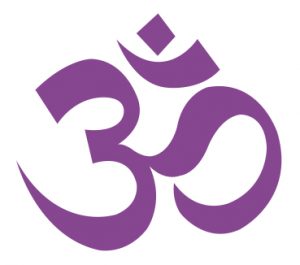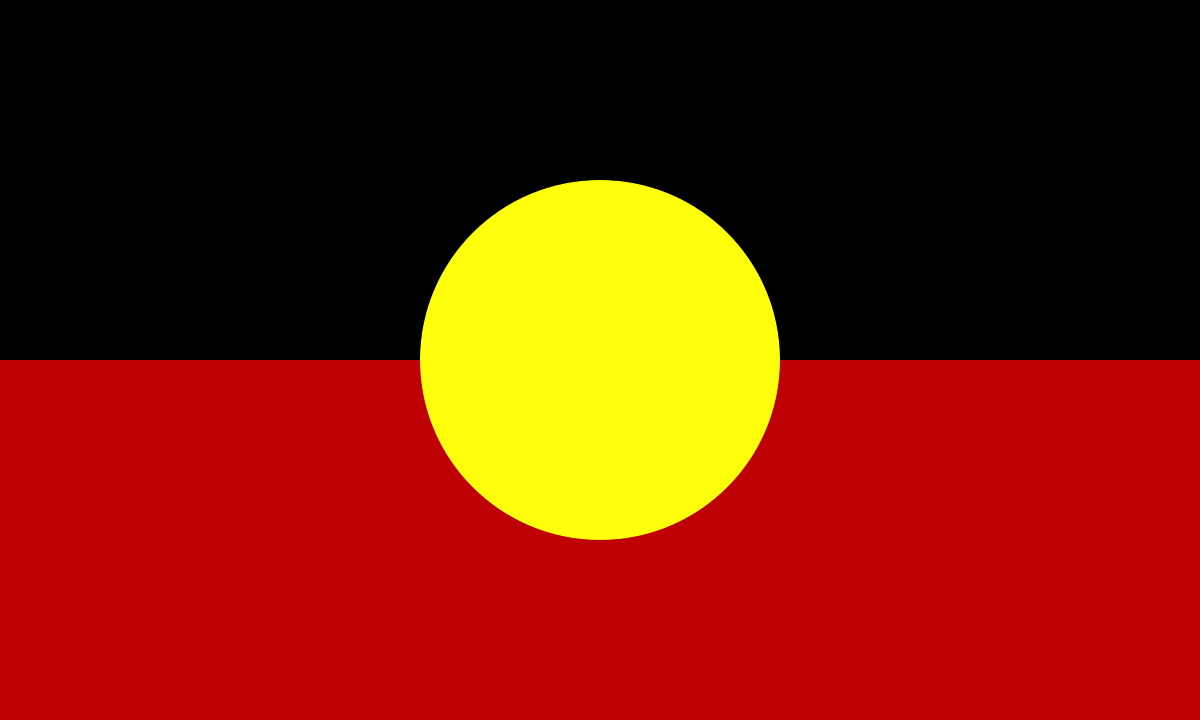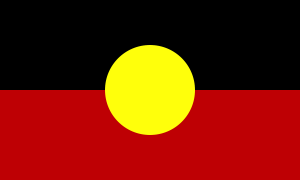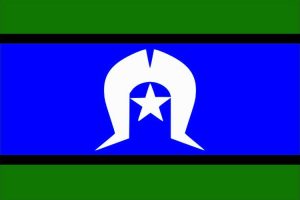Introduction
The traditions and practices of Yoga have their origins in the people and lands of modern day India through the Śramaṇa and Vedic traditions. Of particular relevance are the Yoga Sutras of Patanjali. The values (yamas and niyamas) expressed through the Yoga traditions include non-violence (ahimsa), truthfulness (satya) and non-stealing (asteya).
Yoga traditions and Aboriginal cultures also share perspectives on the environment. The following quote from India’s contribution to the Paris Agreement is apt;
“India has a long history and tradition of harmonious co-existence between man and nature. Human beings here have regarded fauna and flora as part of their family. This is part of our heritage and manifest in our lifestyle and traditional practices. We represent a culture that calls our planet Mother Earth. As our ancient text says; “Keep pure! For the Earth is our mother! And we are her children!” The ancient Indian practice of Yoga, for example, is a system that is aimed at balancing contentment and worldly desires, that helps pursue a path of moderation and a sustainable lifestyle. Environmental sustainability, which involves both intra-generational and inter-generational equity, has been the approach of Indians for very long. Much before the climate change debate began, Mahatma Gandhi, regarded as the father of our nation had said that we should act as ‘trustees’ and use natural resources wisely as it is our moral responsibility to ensure that we bequeath to the future generations a healthy planet.”
Various traditions of Yoga are now widely practised in many countries, including Australia. Prior to being colonised by the British in the late 1700s, Aboriginal peoples lived in ‘Australia’ for over 65,000 years and have never ceded sovereignty or established treaties.
This website encourages yoga traditions to express their values, recognise this history and understand the consequences. An Acknowledgement of Country is a matter of heart, expressing respect which arises from understanding the truth, and is not to be a mere formality or fashion.
As an offering of respect (adriyate and satkaroti) by the yoga communities to the Aboriginal & Torres Strait Islands communities, elders past, present and future and the land on which we live and practise, we encourage yoga associations, organisations and businesses to incorporate a formal Acknowledgement of Country on their promotional material e.g. websites, flyers and venues (examples can be found below and in Industry Examples), and for teachers and students to make an Acknowledgement at the beginning of yoga classes and practise.
The Acknowledgement in Class
How to include an Acknowledgement of Country, English and Sanskrit versions below, will depend on the structure of your yoga class. One suggestion is to find a space soon after your welcome to the class where you introduce and make the Acknowledgement.
If you intend to chant the sanskrit version, perhaps in call and response, you could introduce it using the English version below. This provides you the opportunity to identify the particular owners and custodians of the land on which you are practising e.g. Wurundjeri people of the Kulin nation.
Who are the Traditional Owners of the land?
To find the formally recognised indigenous peoples and nations for your area, the following may be useful starting points:
Australian Institute of Aboriginal and Torres Strait Islander Studies (AIATSIS)
Indigenous Peoples of Australia (Wikipedia)
Government Information
Queensland, Tasmania, South Australia, Western Australia, Australian Capital Territory, Northern Territory
New South Wales – Local Aboriginal Land Councils
ABC – Do You Know Whose Country You Are On?
To clarify the identity of the owners of the land on which you work and practise, and acceptable forms of wording for Acknowledgements, please contact your local Traditional Owners, Council, Native Title representative body or local Aboriginal & Torres Strait Islands people or groups.
If your business /service is delivered ‘nationally’ and not to a specific location, you may consider referring to the location where the business/service is administered from and/or using phrases such as, “… acknowledge the traditional owners/first peoples and custodians of the land (or ‘the country’) now called (or ‘known as’) Australia …”.
Flags
|
Australian Aboriginal Flag |
Torres Strait Islands Flag |
Plaques
See a range of beautiful and customisable Acknowledgement of Country plaques and window transfers to display in your yoga studio or practice space.
Kinya Lerrk
ANTaR Victoria
Wathaurong Glass Arts
Aboriginal Steel Art & Welcome to Country
Clothing The Gaps – Posters & Stickers
English Acknowledgement of Country
“We begin by acknowledging the traditional owners and custodians of the land on which we meet and practise, the _________________________ [ e.g. the Wurundjeri people of the Kulin nation ]. We pay our respects to their Elders past, present and emerging.”
Sanskrit Acknowledgement of Country (Text by Dr Andrew Kelly)
bhuvāḥ paraṃparān maulān • abhijñāyādhikāriṇaḥ |
pālakāṃś cābhivādyaiva • deśasyāsya cirantanān ||
apetān anapetāṃśca • teṣāṃ gurūn mahāmahai |
teṣāṃ bhuvāṃ samāgatya • yogābhyāsaḥ pravartatām ||
Sanskrit Chant Acknowledgement of Country (vocal by Clare Fleming)
English Translation of Sanskrit Acknowledgement of Country
Acknowledging the successive and original owners of the land
and saluting the long-term protectors of this country,
let us extol their elders past and not past.
Gathered here on their land, let our yoga practise proceed.
Additional Chant
Om dyauh śāntir antariksam śāntih prithvi śāntih āpah śāntih osadhayah śāntih” — Yajur Veda 36.17
Unto Heaven be Peace, Unto the Sky and the Earth be Peace, Peace be unto the Water, Unto the Herbs and Trees be Peace
Further Reading
Victorian government
Wikipedia
Creative Spirits
Common Ground
A Guide for International Event Managers – Enhance Entertainment
“I’ve started acknowledging the people …” – The Conversation
Reconciliation and the promise of an Australian homecoming: What would make an acknowledgement of country more welcoming. – The Conversation
What is an Acknowledgement of Country? – The Conversation



